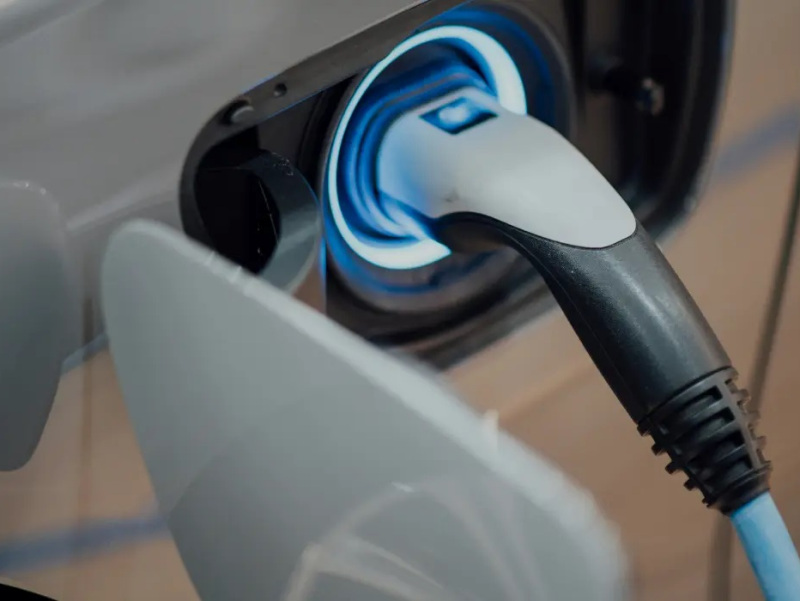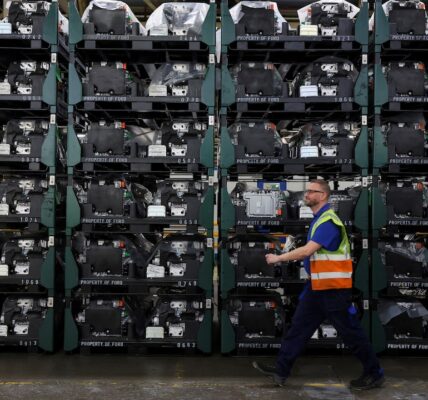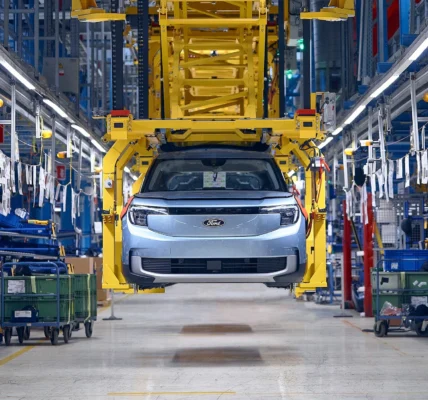British network operator UK Power Networks has launched the open data based Powercast software for information on the status of electric vehicle (EV) chargers.Powercast, available as an open source API, draws on the company’s data to provide information for users on whether EV chargers are functioning or may be out due to a power outage.
With this drivers can then make informed decisions on how to manage their charging throughout the day or find alternative charging locations ahead of a power outage.
“The impact the widescale adoption of EVs will have on our climate cannot be overstated. Over half a million of our customers have made the switch already, but we want to enable everyone connected to our networks to make a safe and reliable shift to such low carbon technology,” states Luca Grella, head of innovation at UK Power Networks.
“We want EV charging providers across our network, and anyone else who may find it useful, to make the most of the extensive data we have available. Together, we can help increase EV confidence, ensuring customers have every available piece of information they need to help make that next step.”
Powercast was trialled with the EV charging platform provider ev.energy and UK Power Networks are now keen for other charging suppliers to adopt it in London and the southeast and east of England.
William Goldsmith, director of Grid and Data Services at ev.energy, says that 94% of the customers in the trial who were surveyed wanted to continue receiving power cut notifications beyond the trial ending.
“Working closely with UK Power Networks, we’ve been able to develop a notification feature that not only simplifies charging for our existing customers, but hopefully helps more people to make the switch to an EV with confidence,” he said.
Users are notified via their charging app of planned or unplanned power outages, changes to scheduled electricity works and estimated times for power restoration as well as confirmation when power is restored, enabling them to plan their charging around any interruptions in service.








